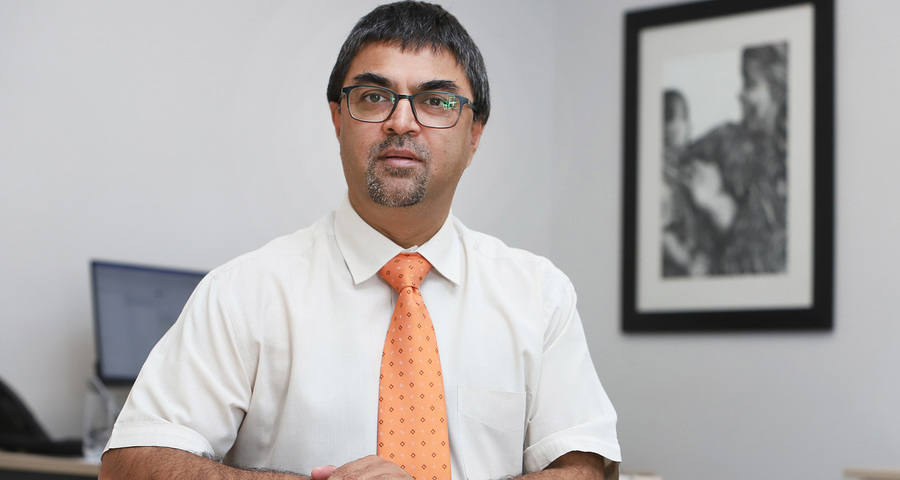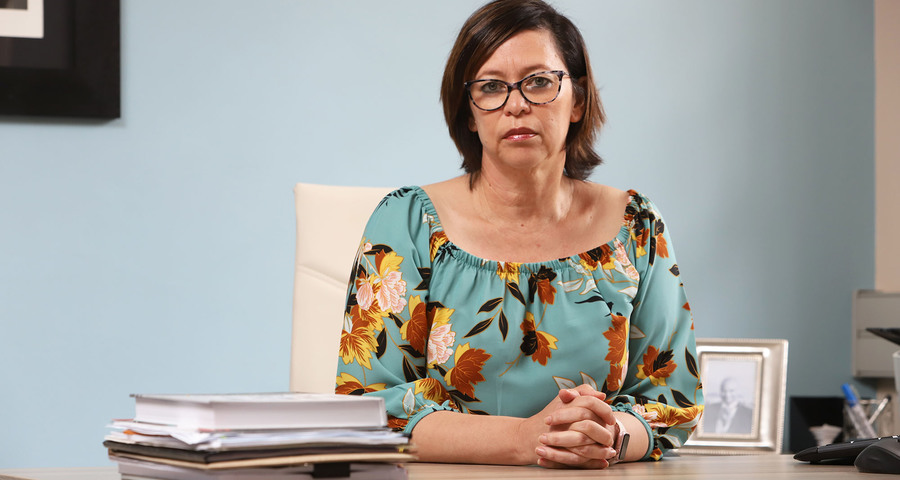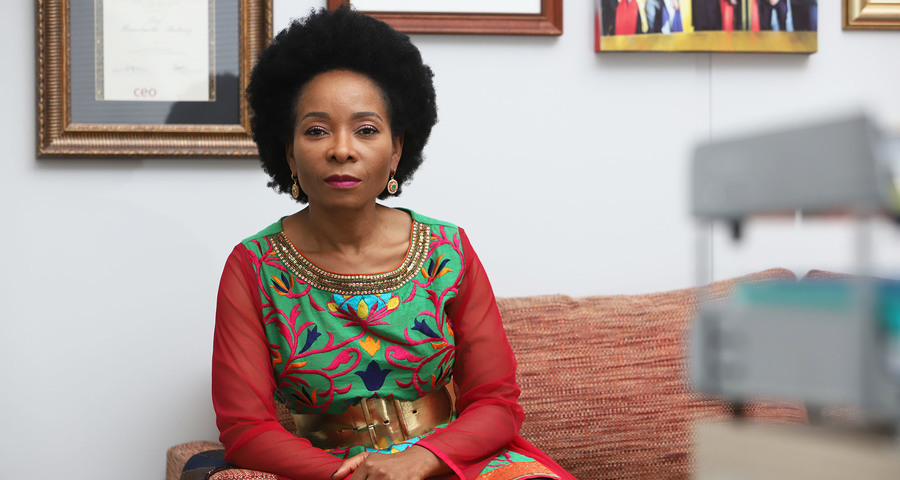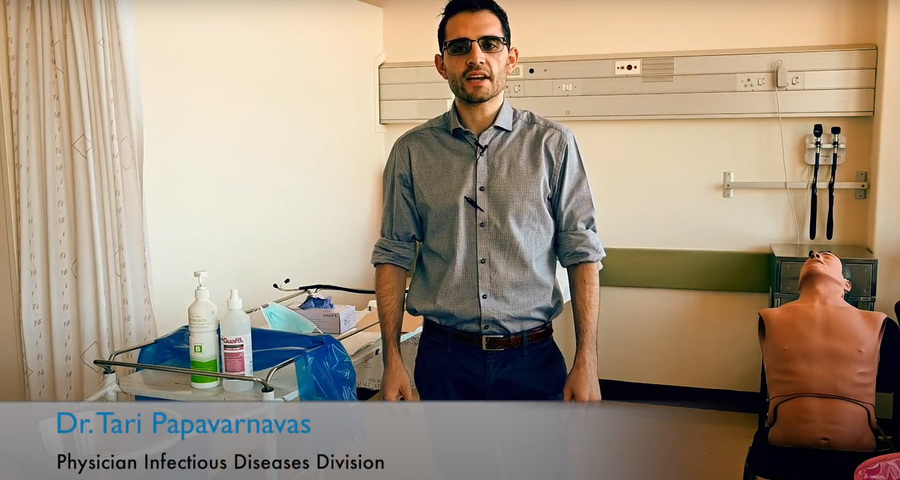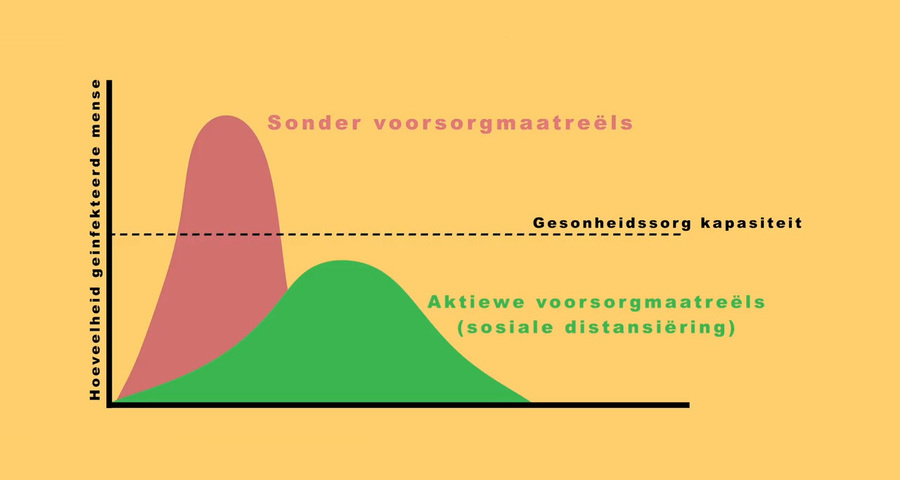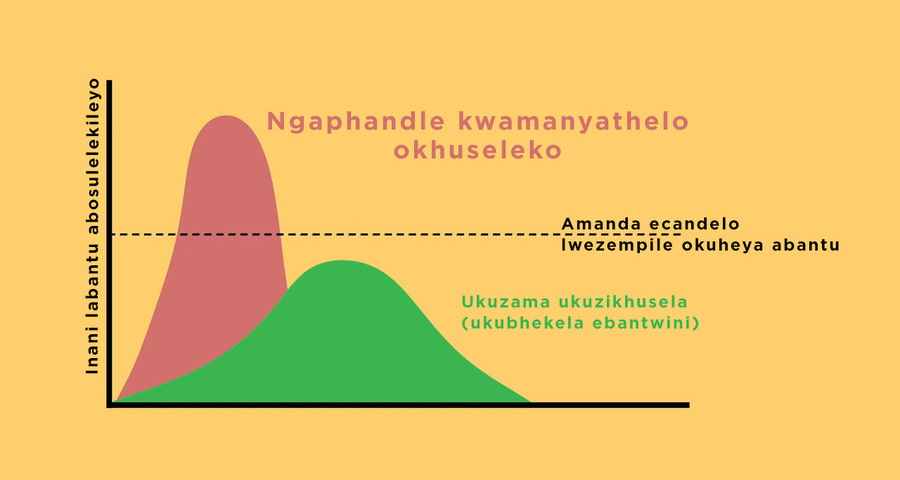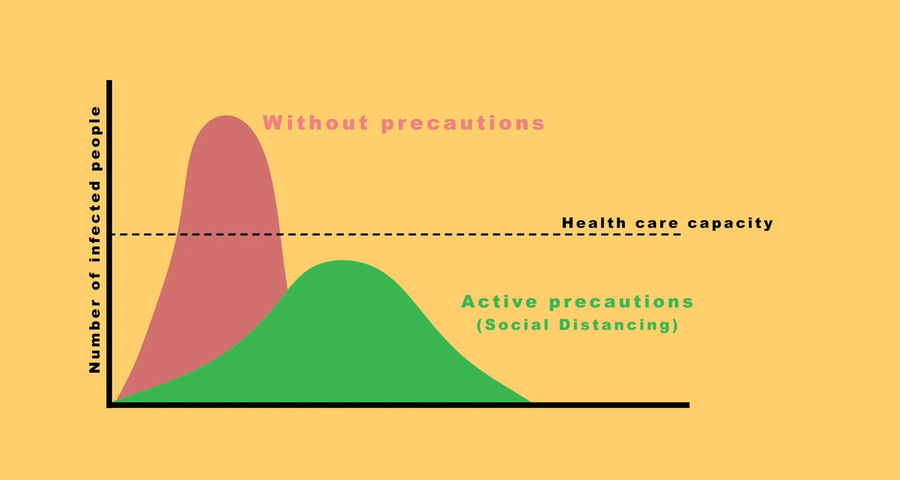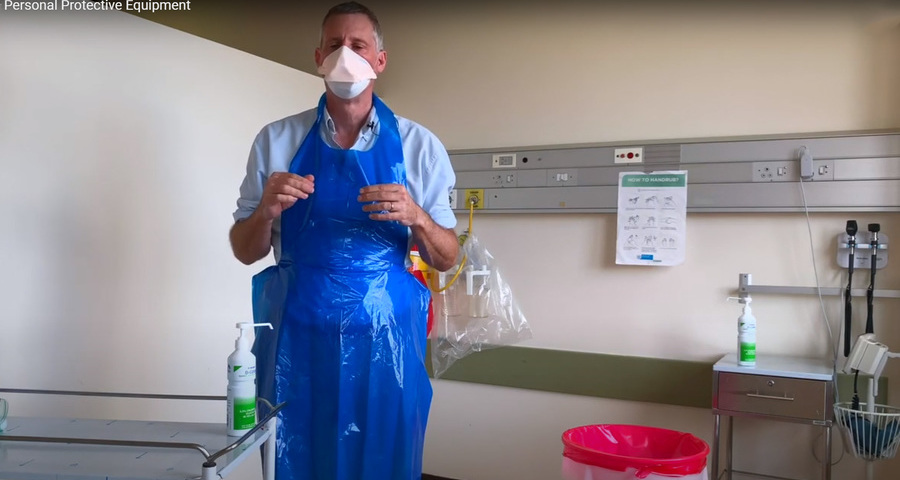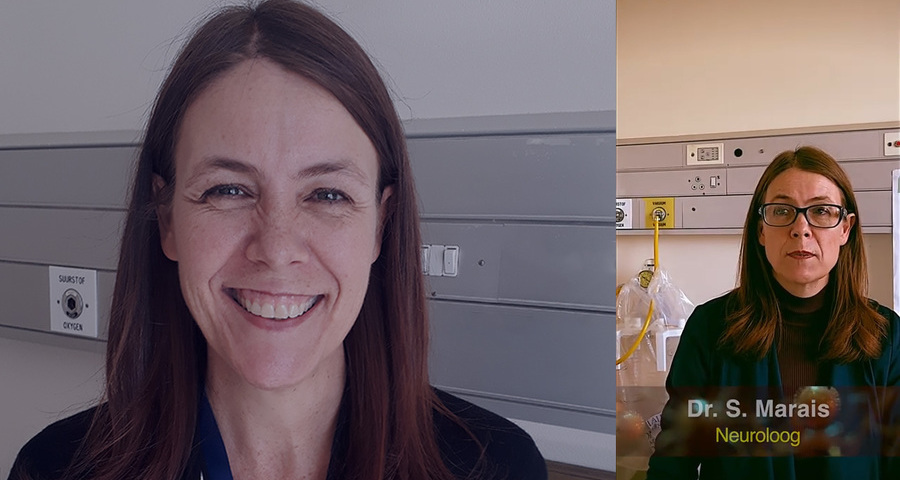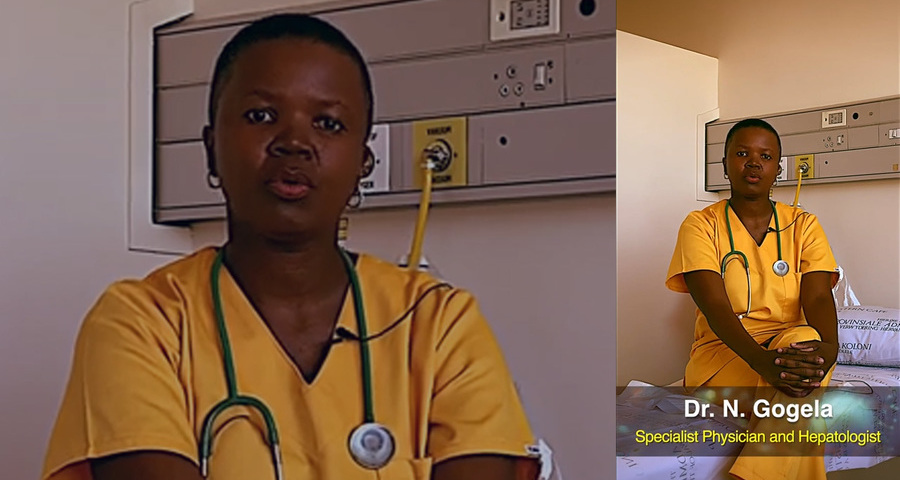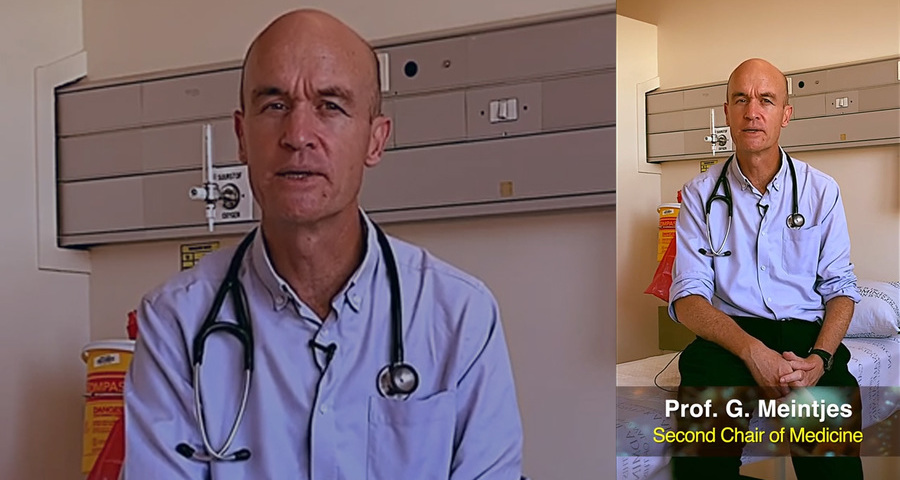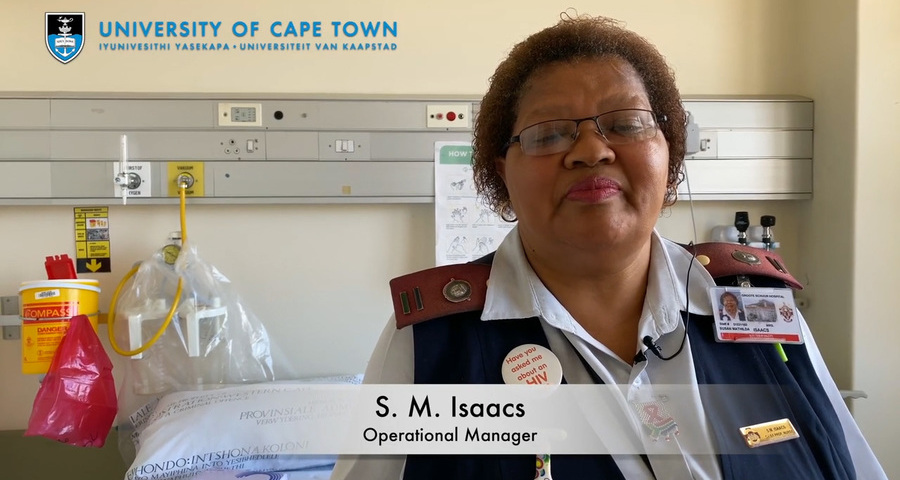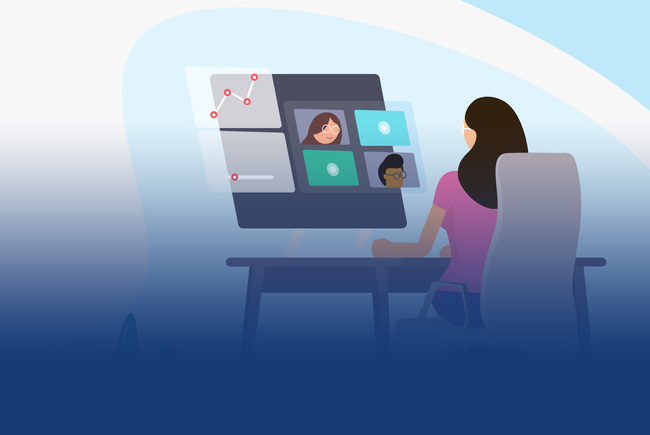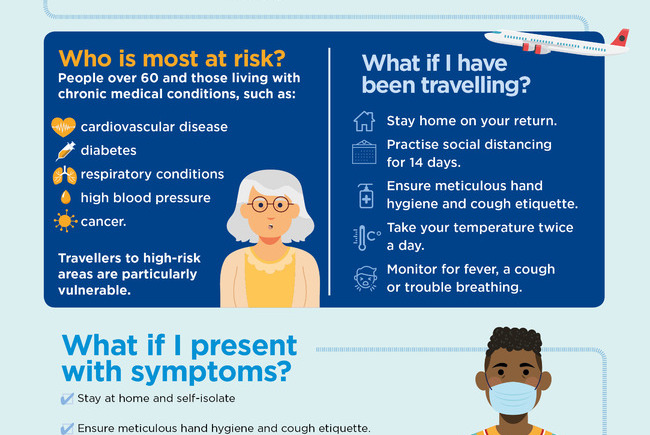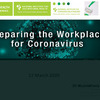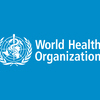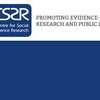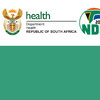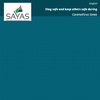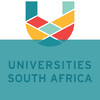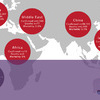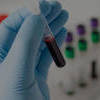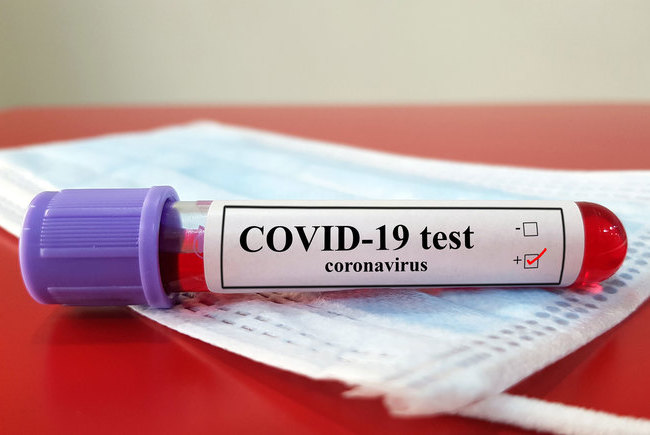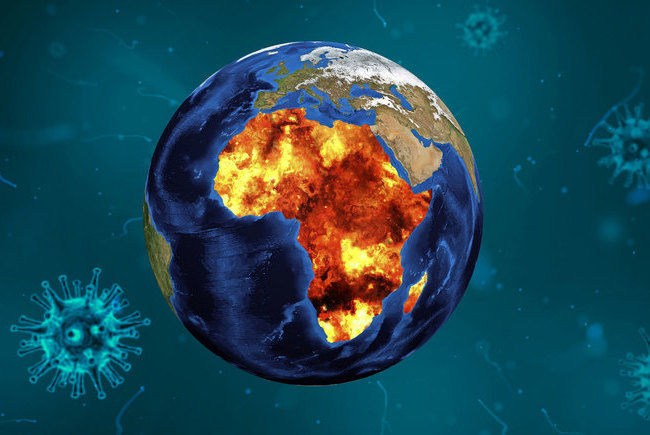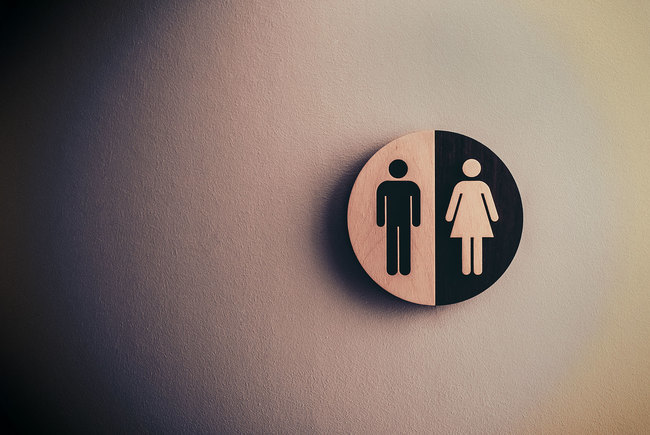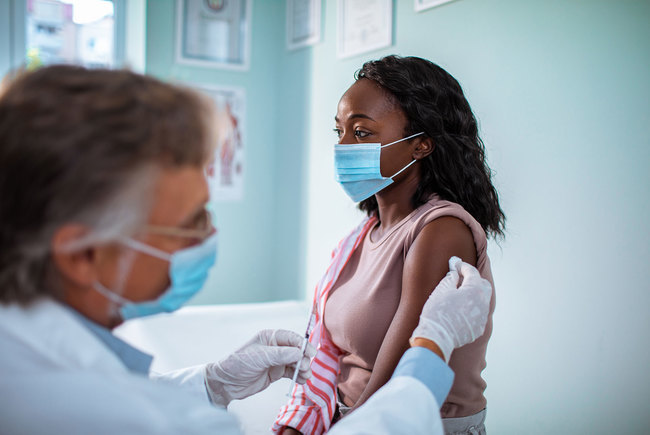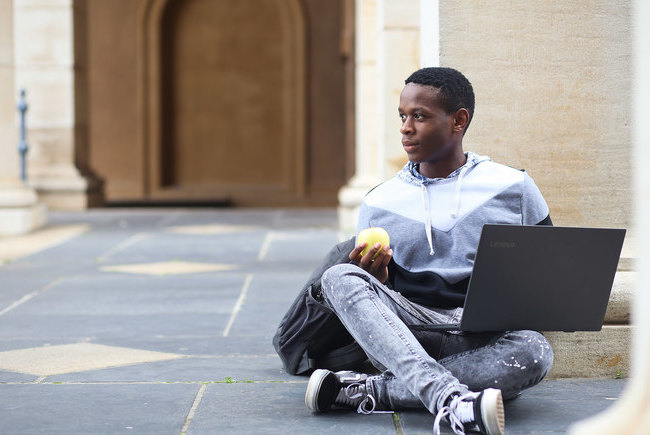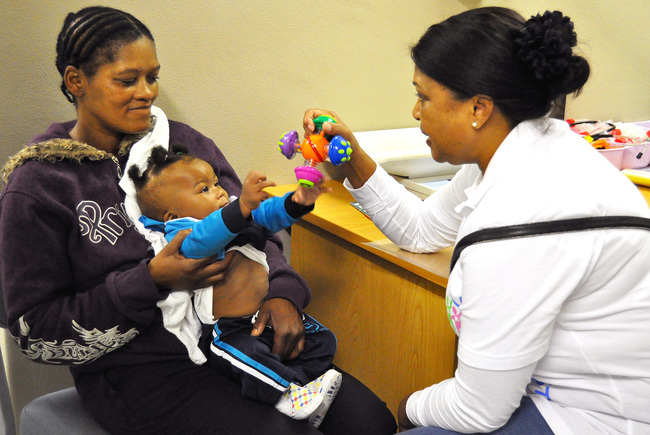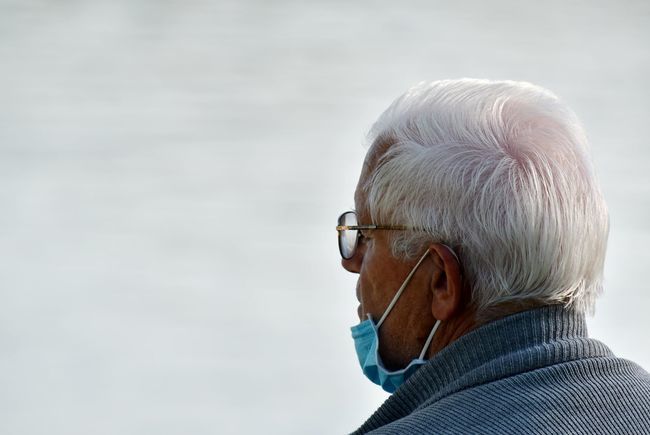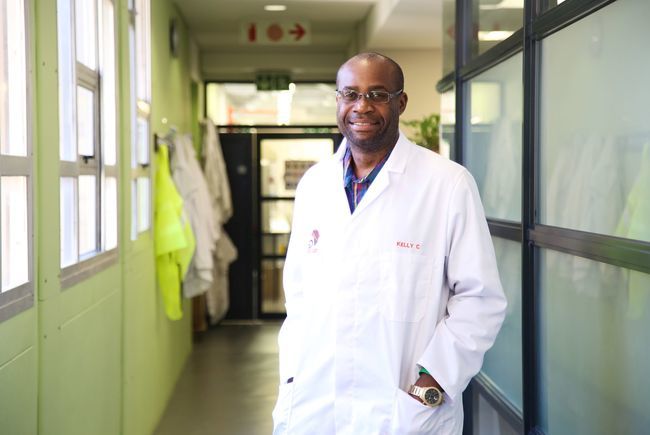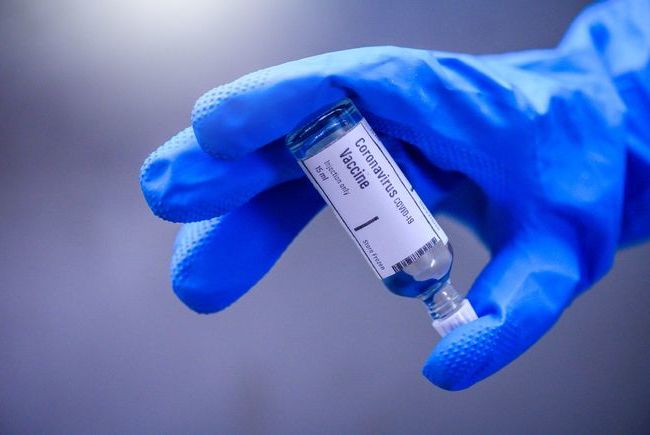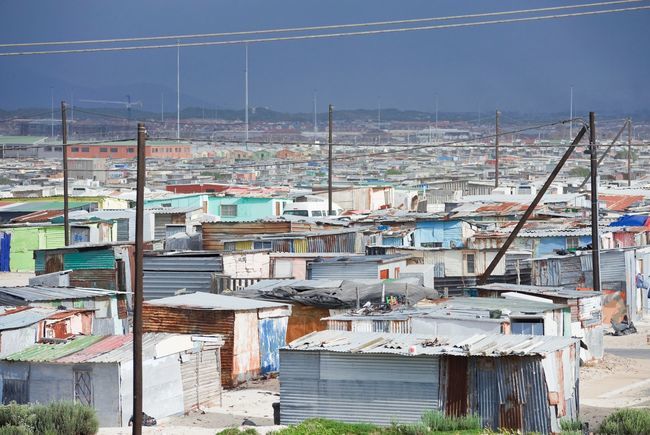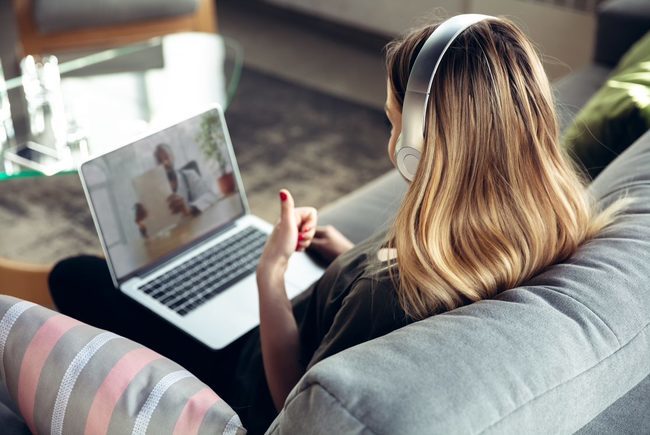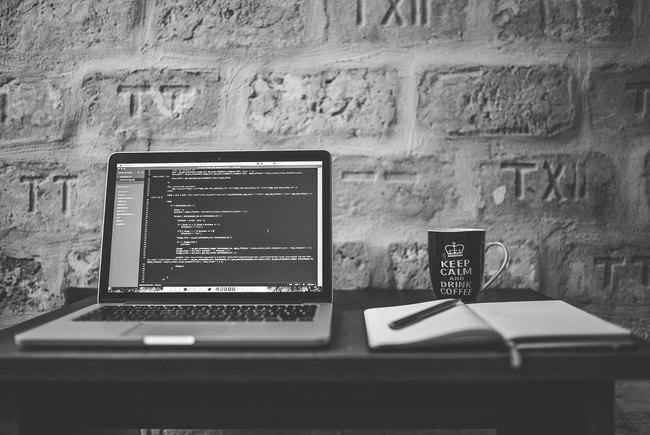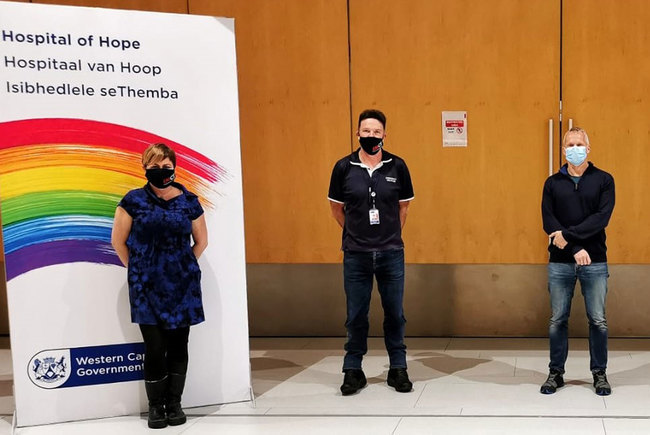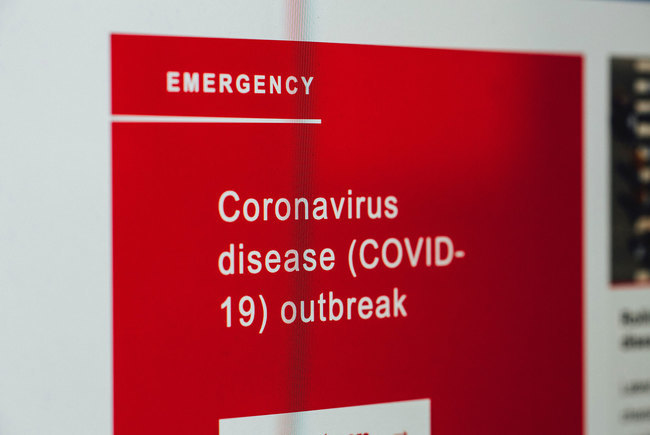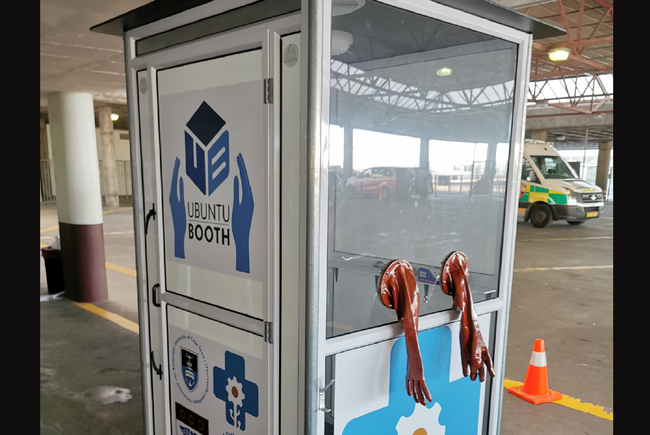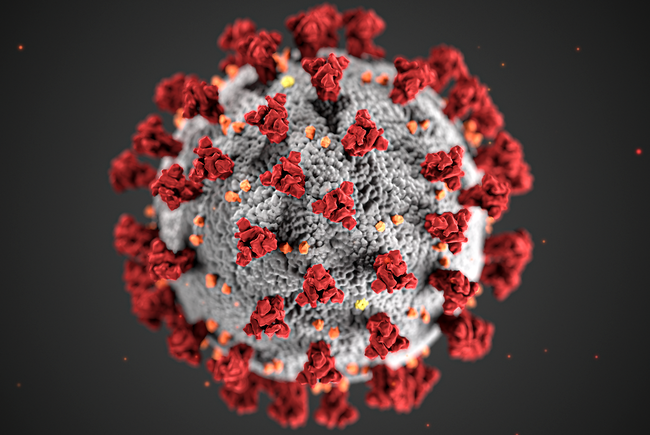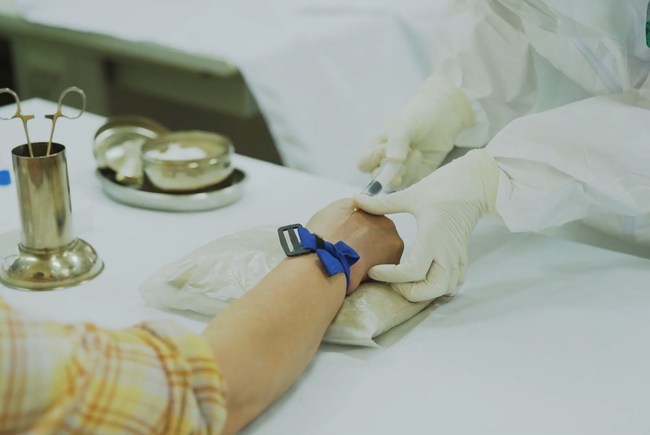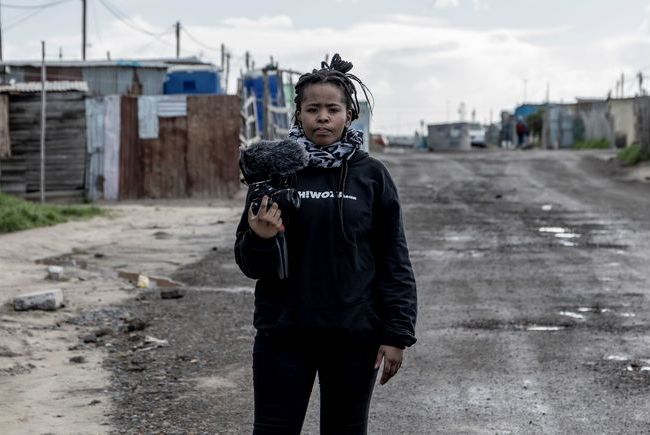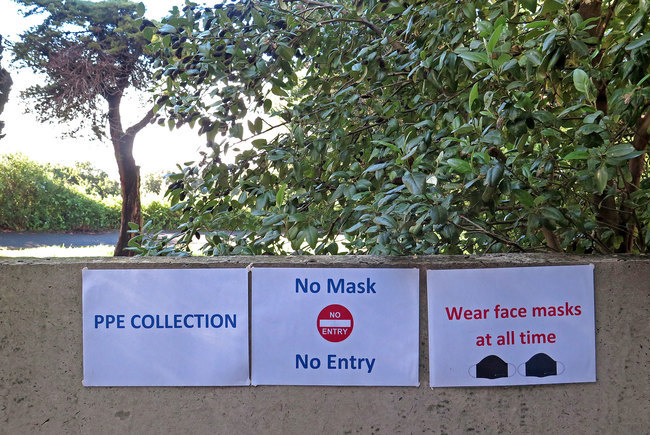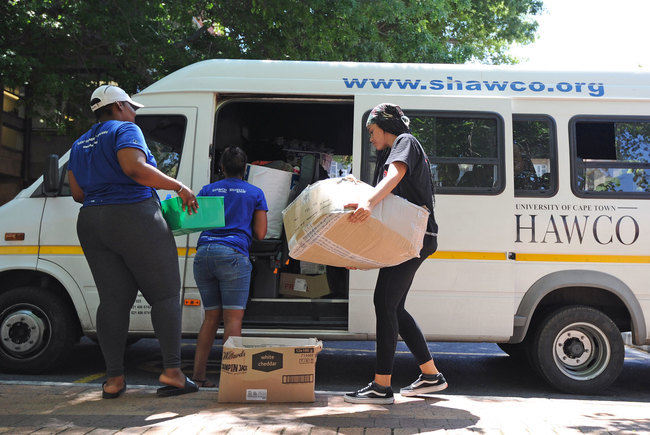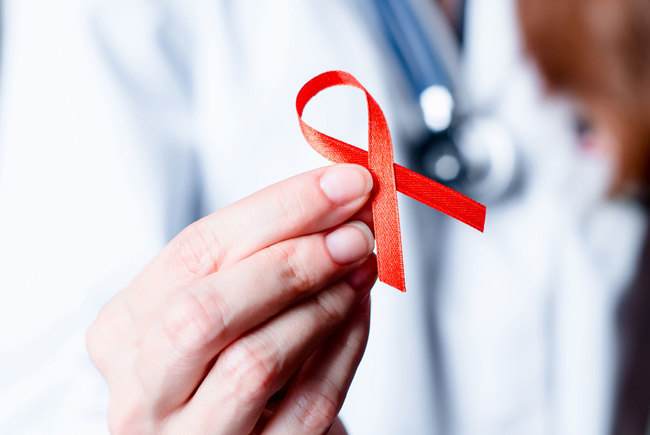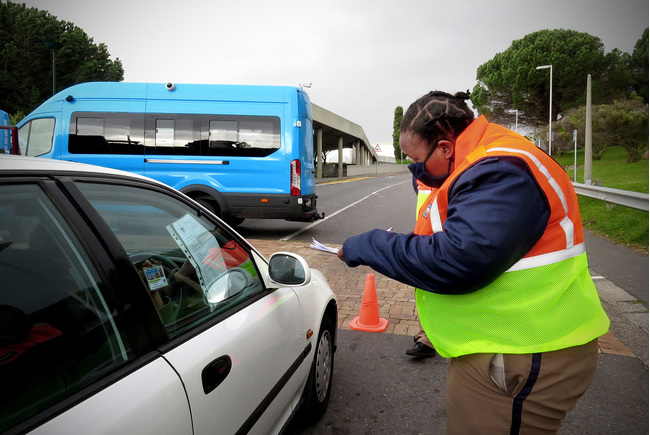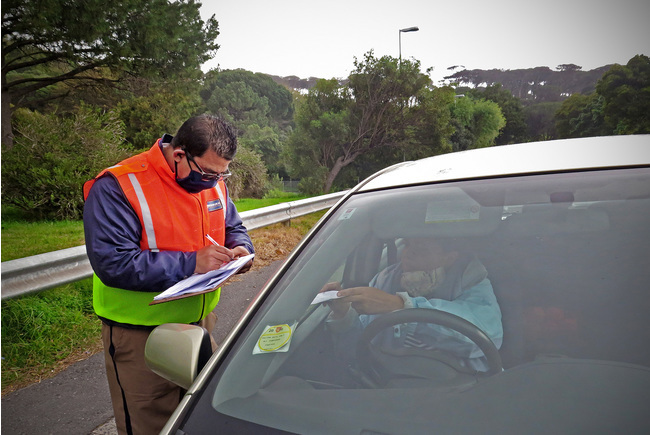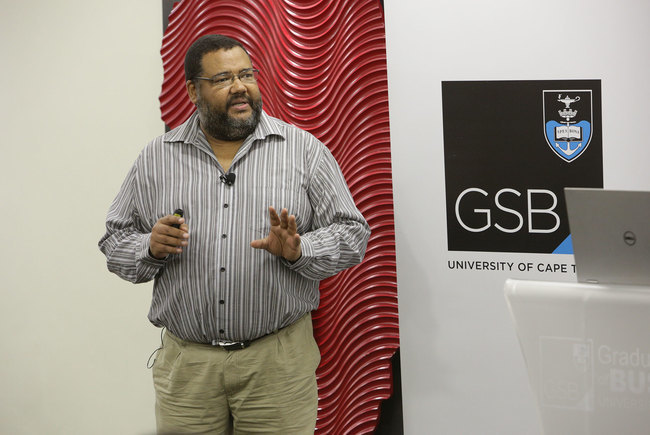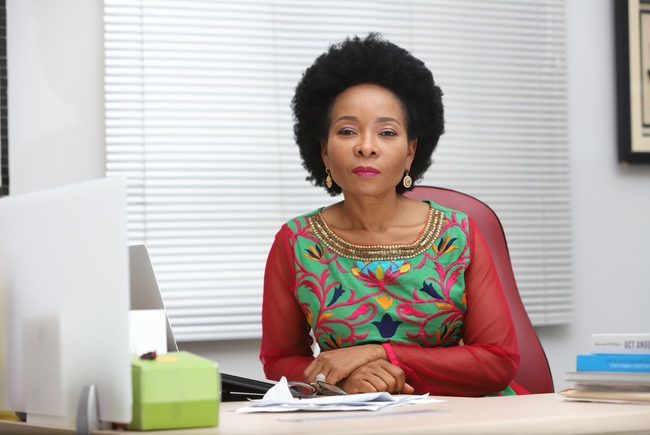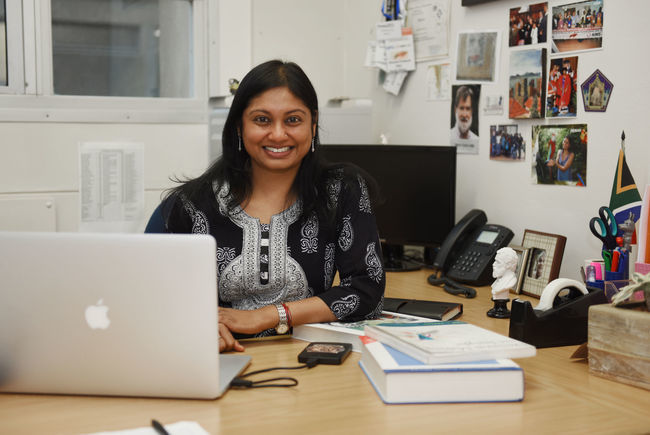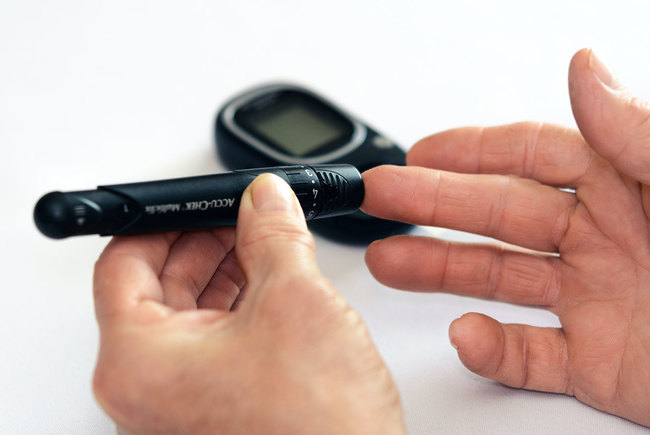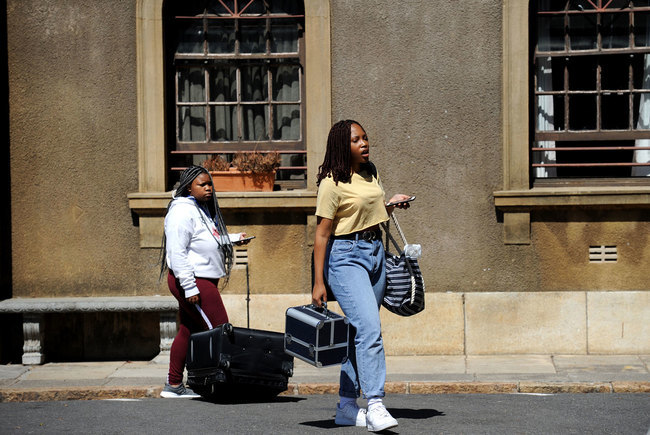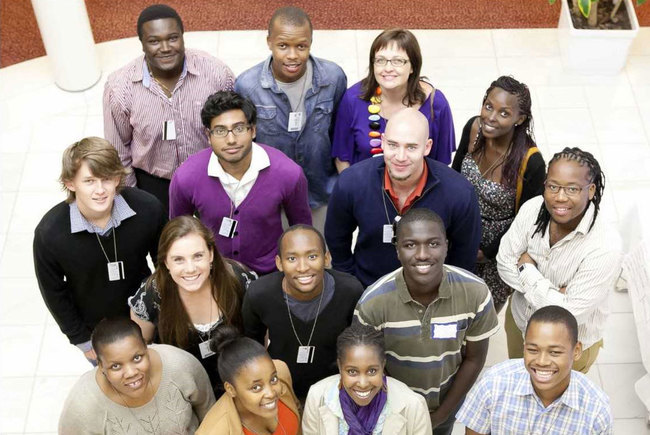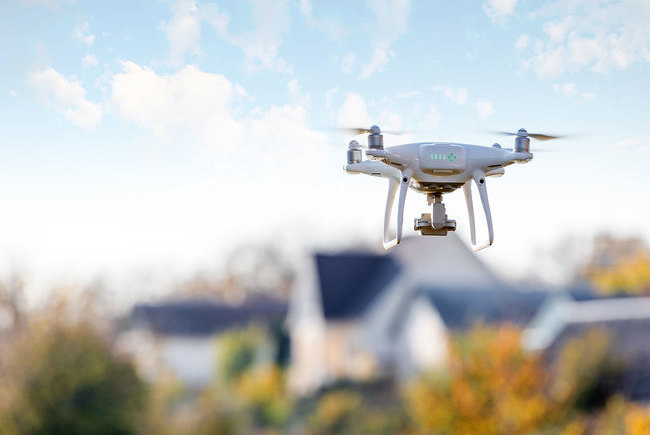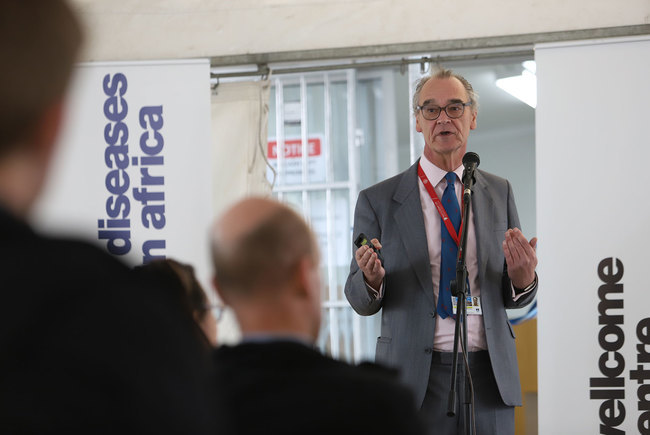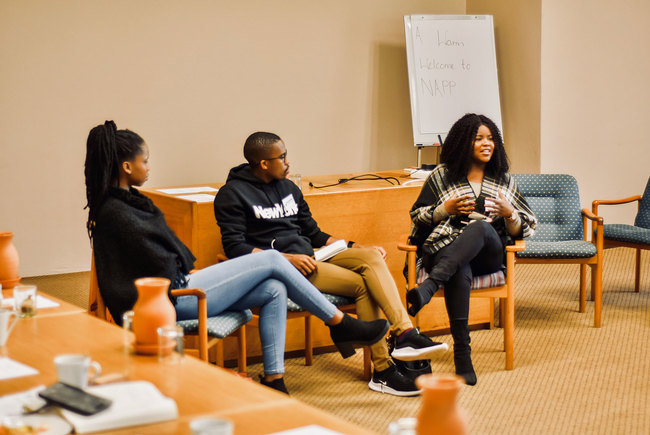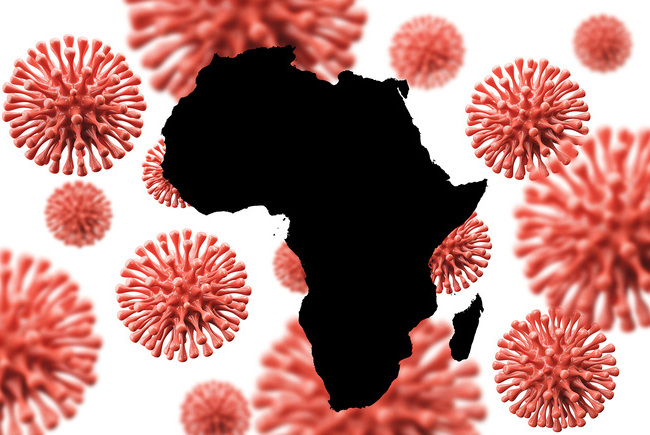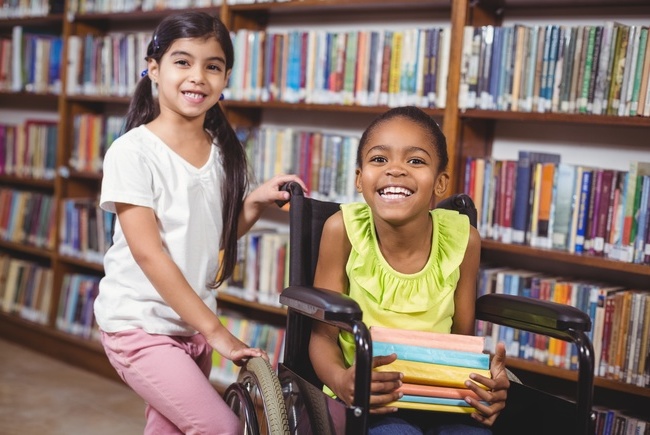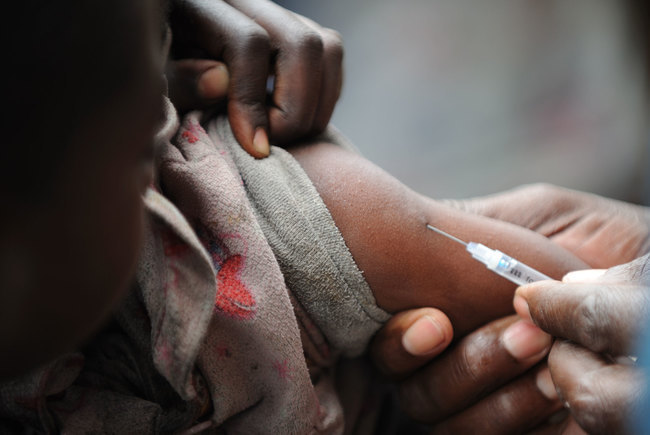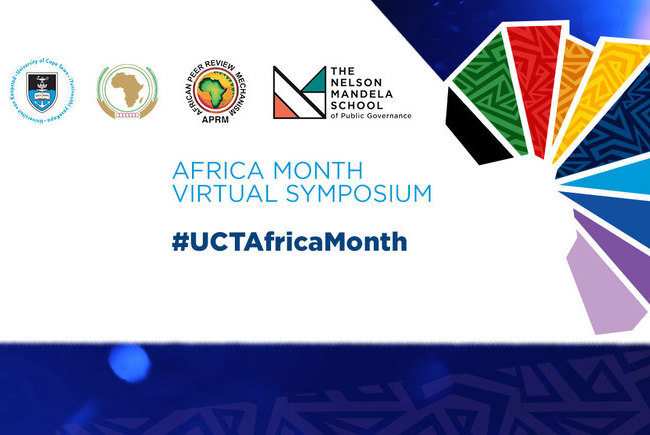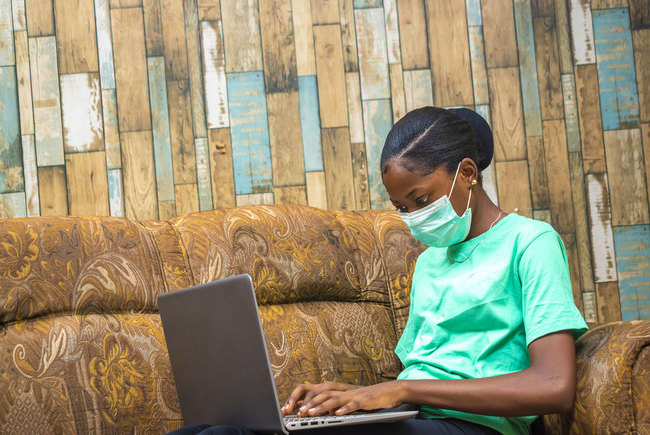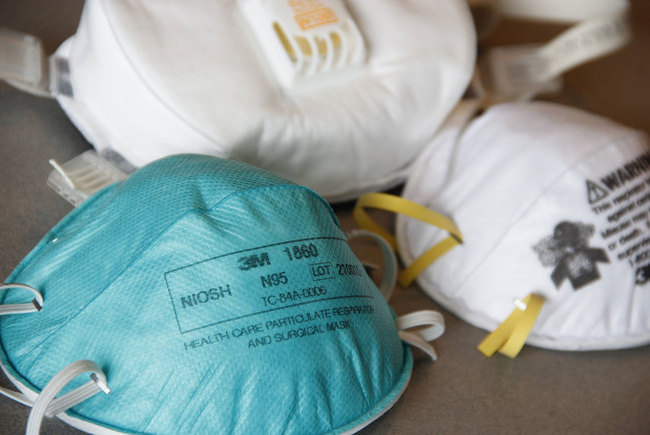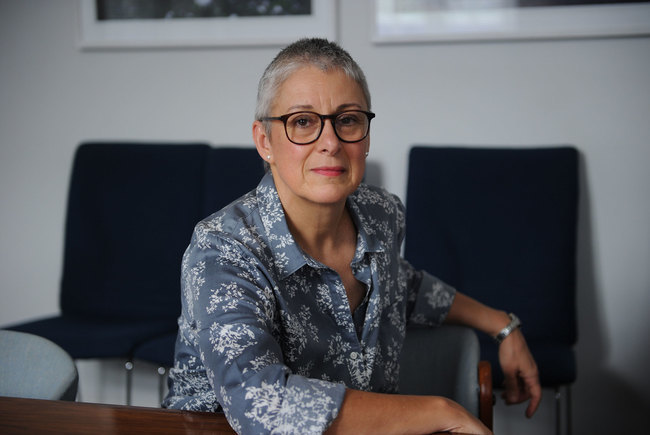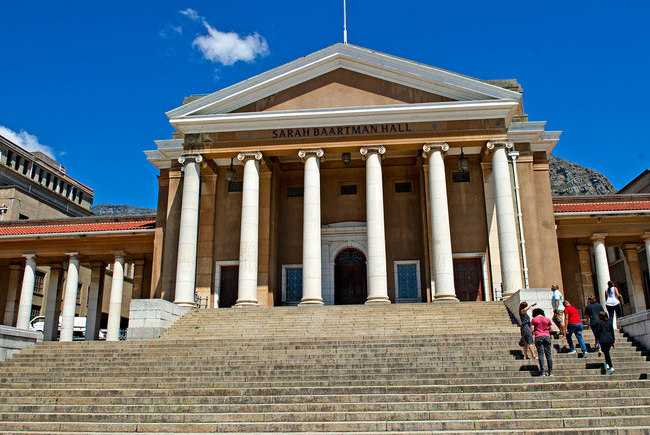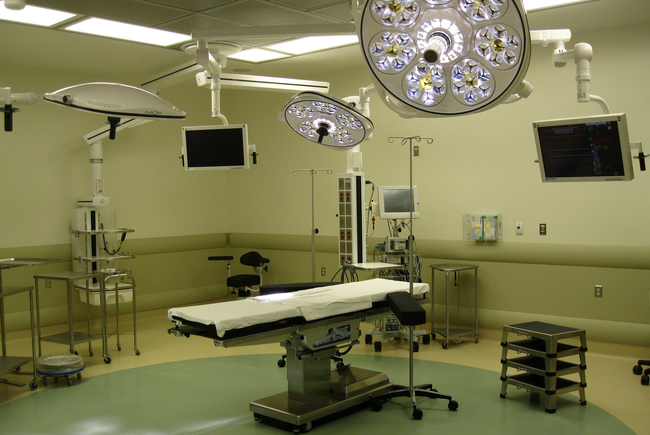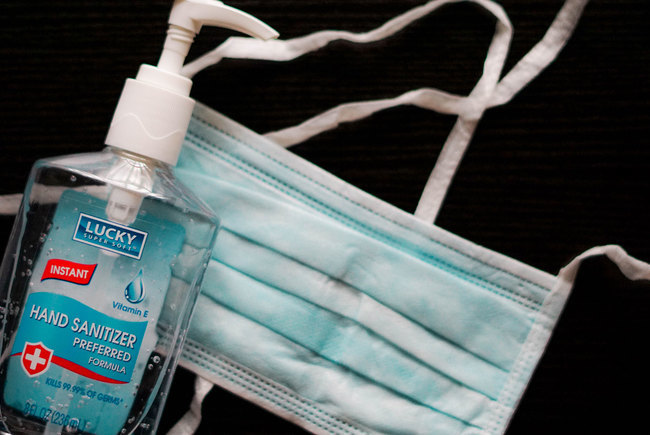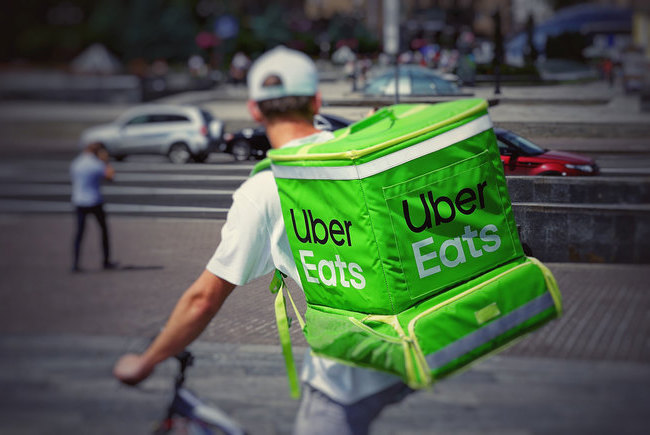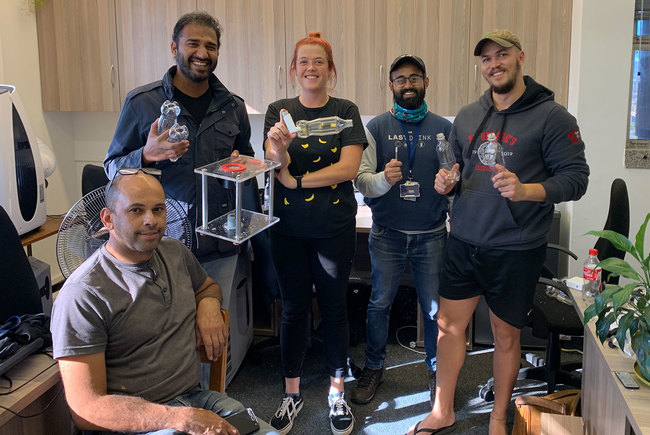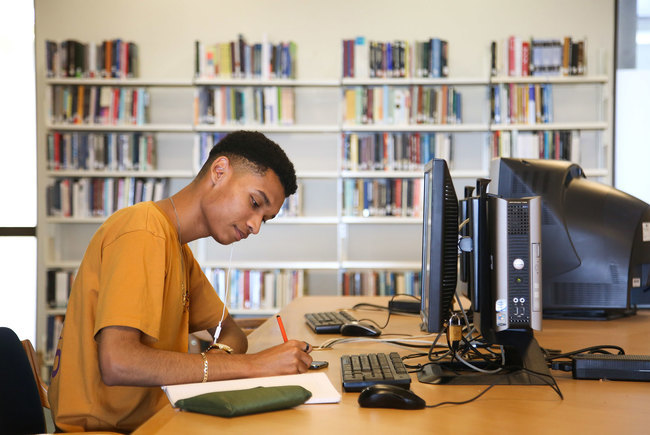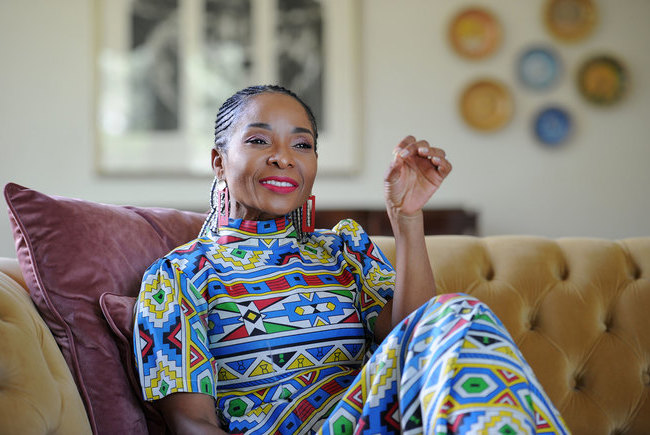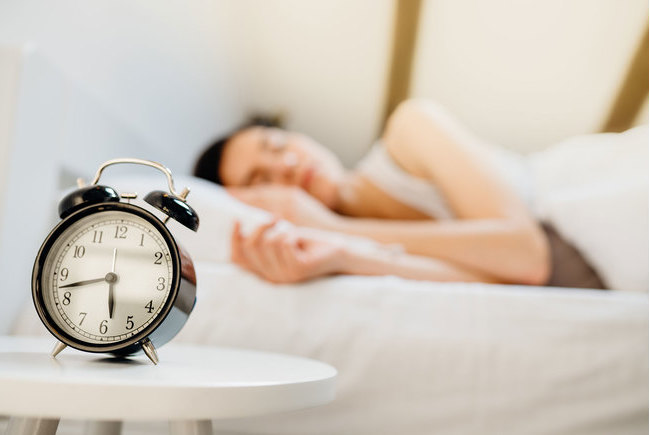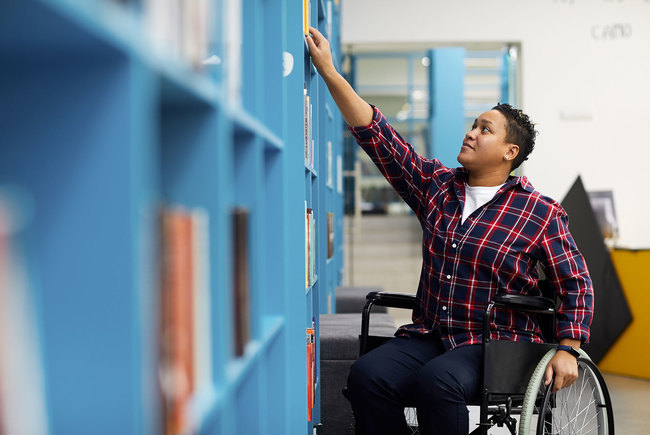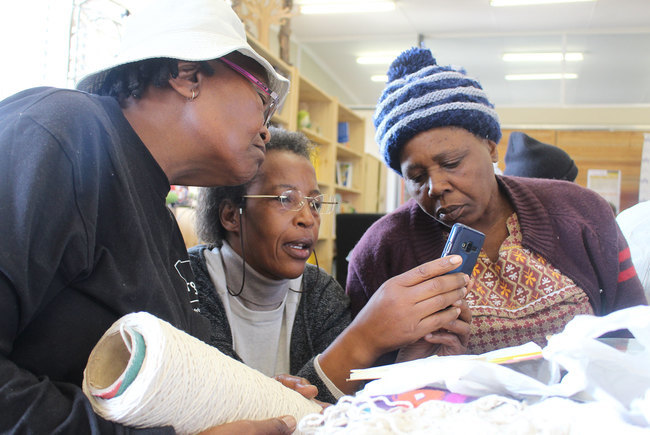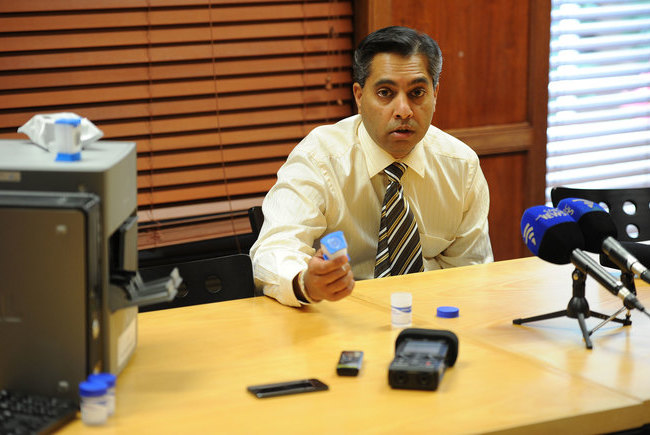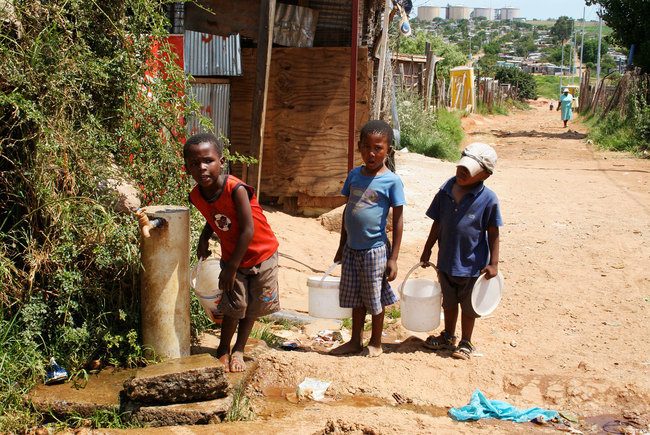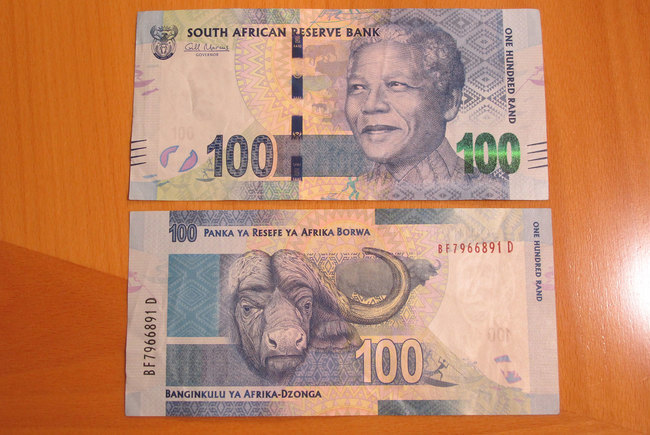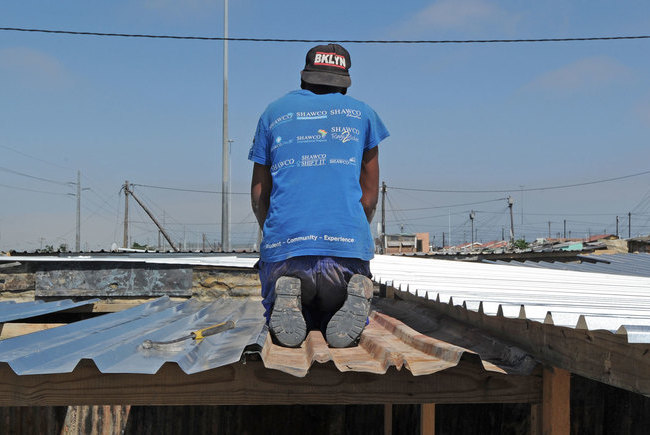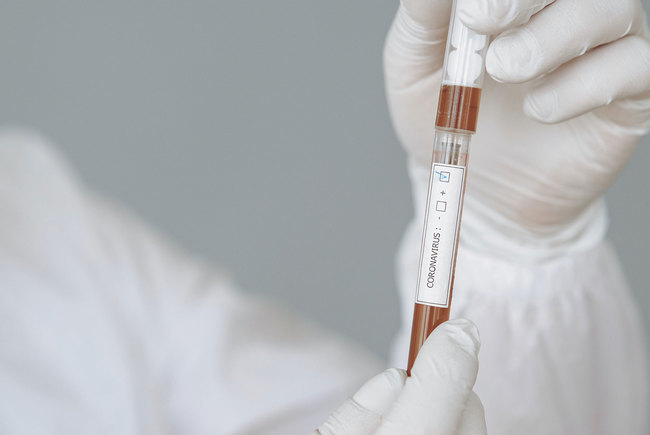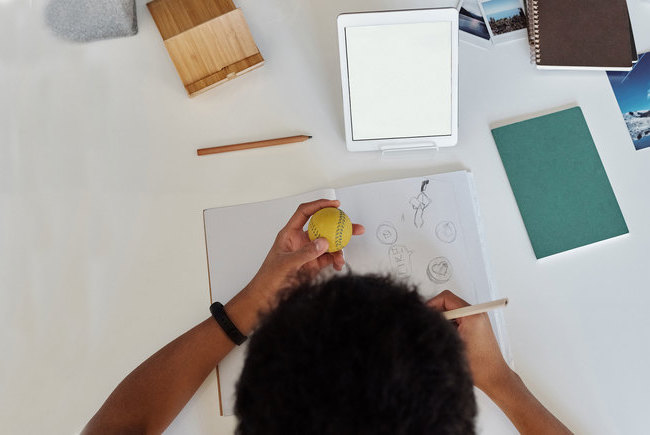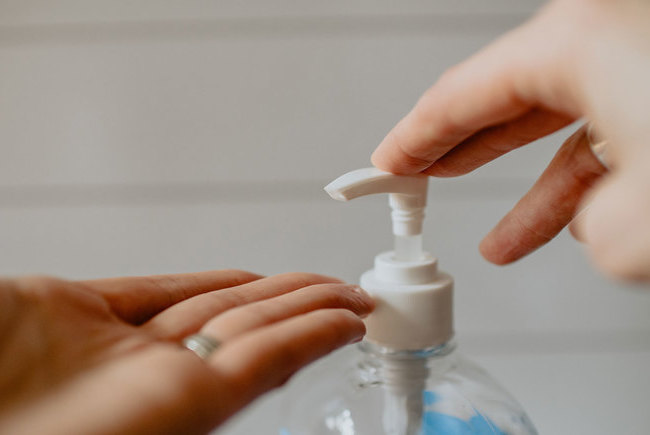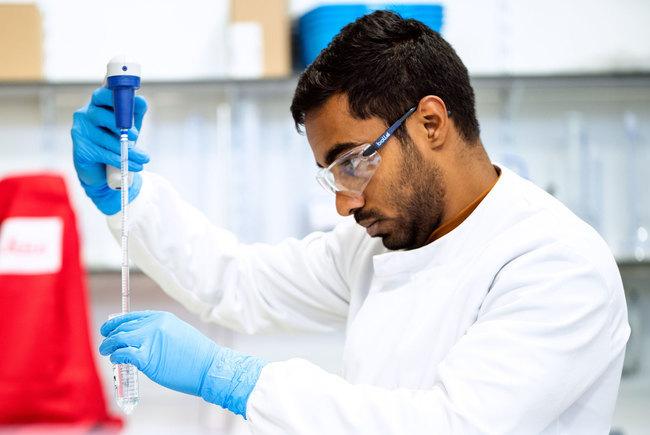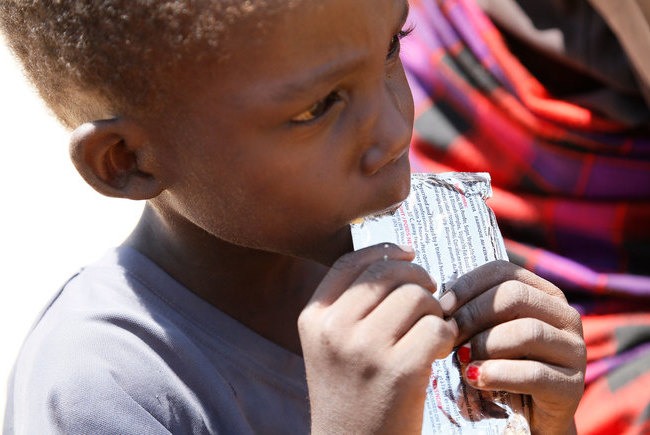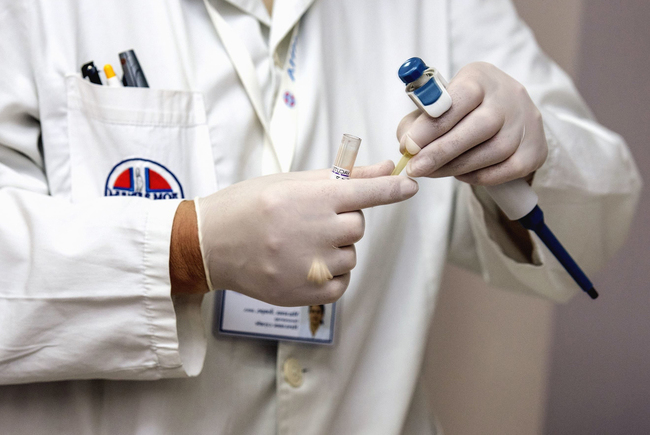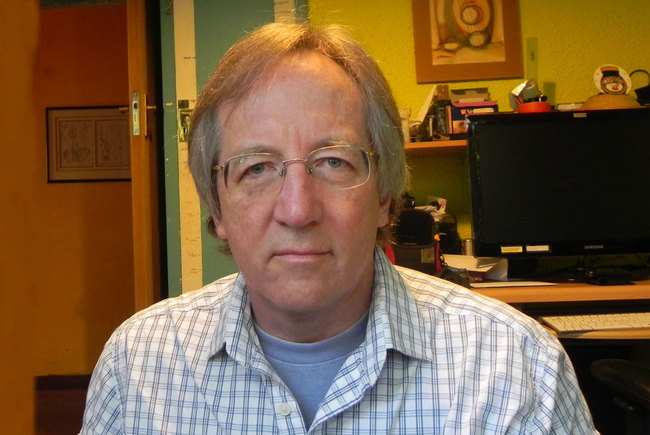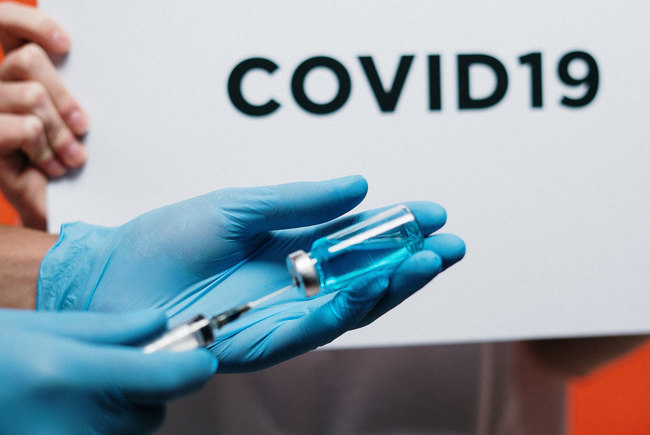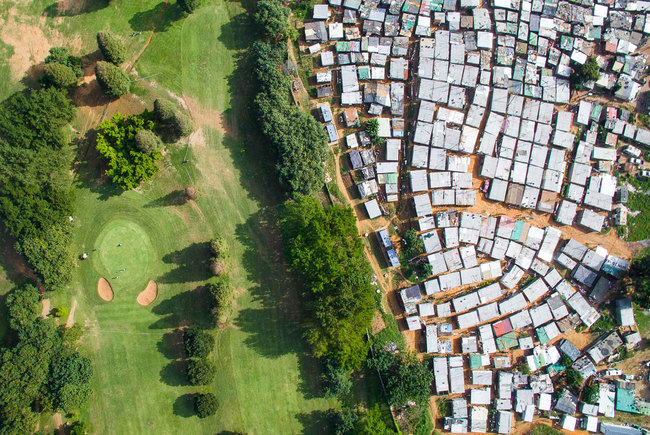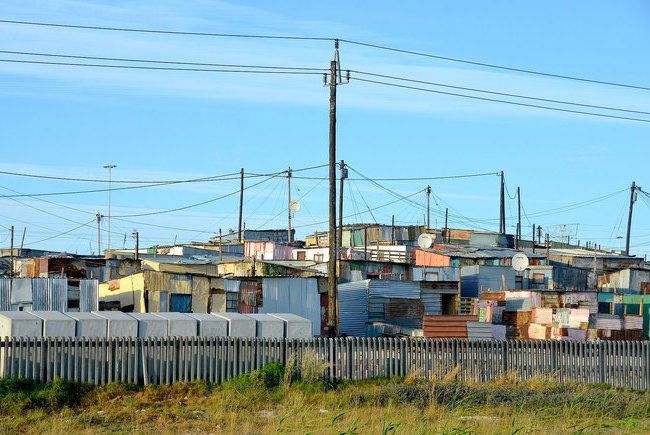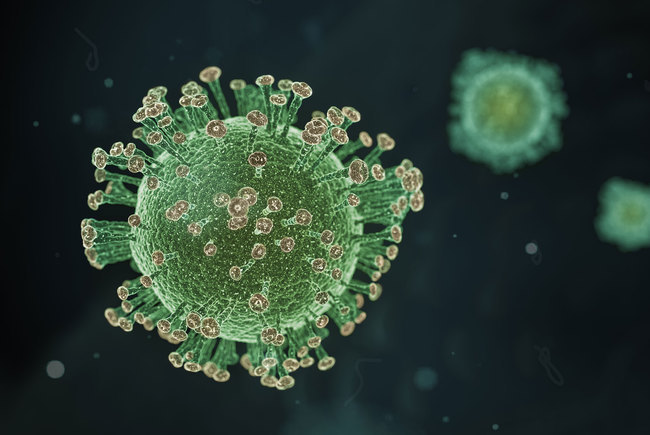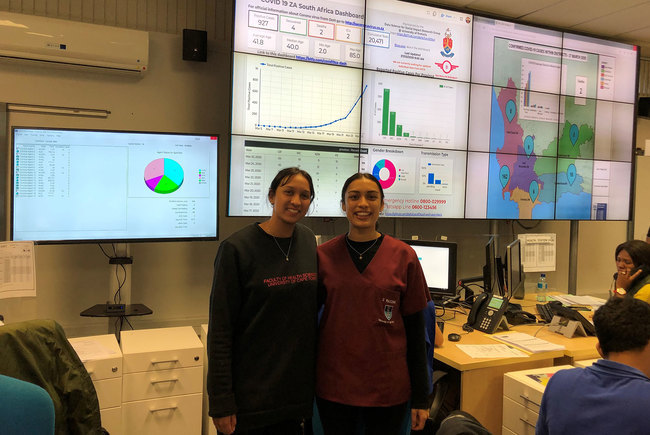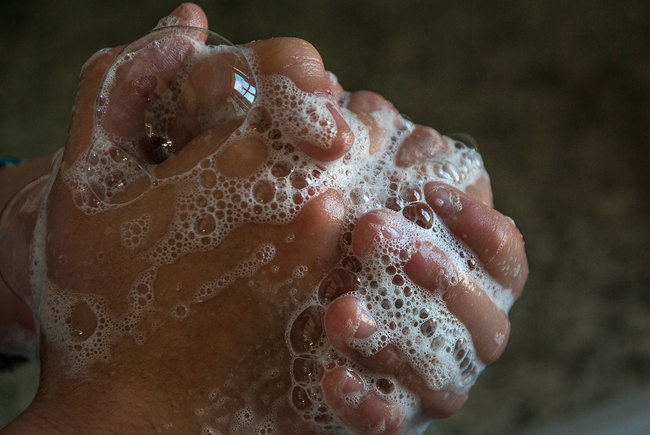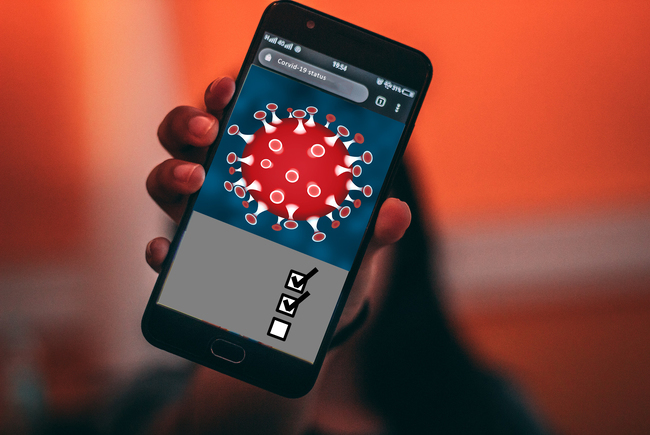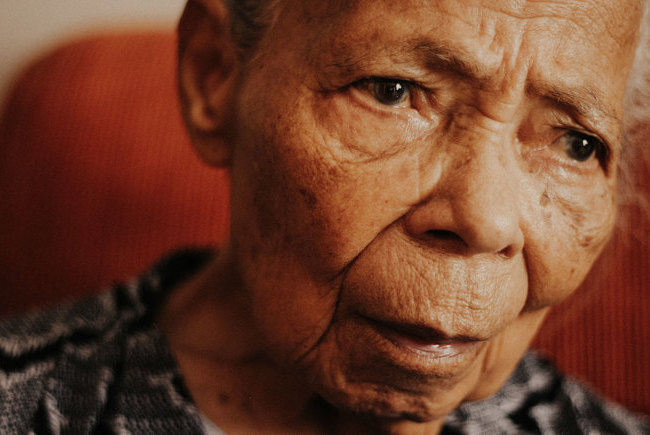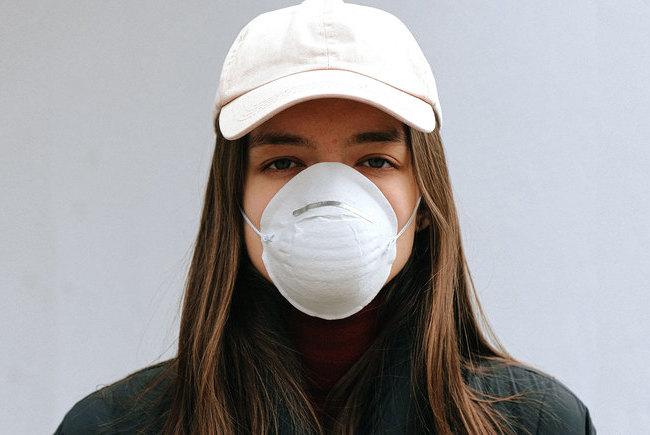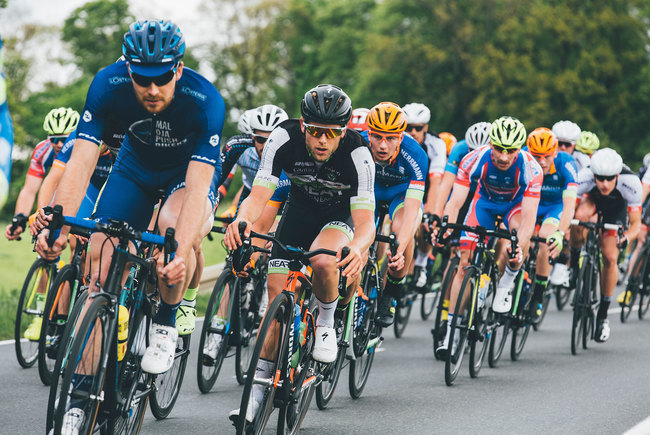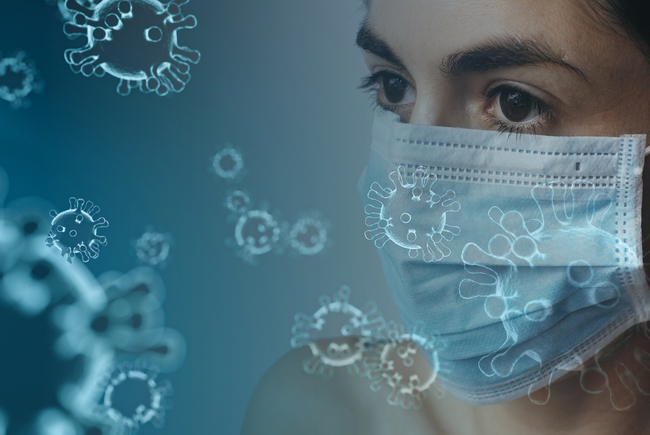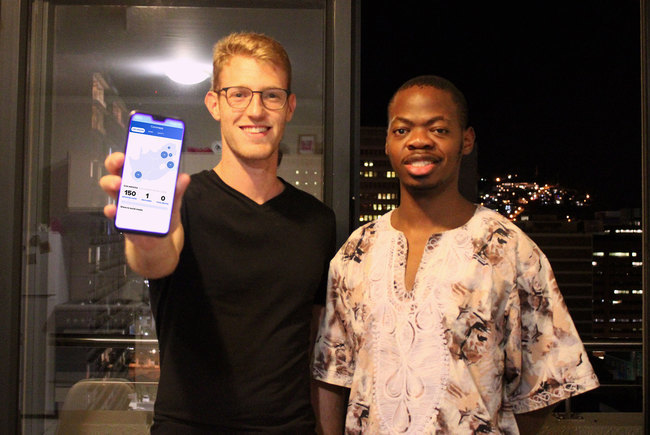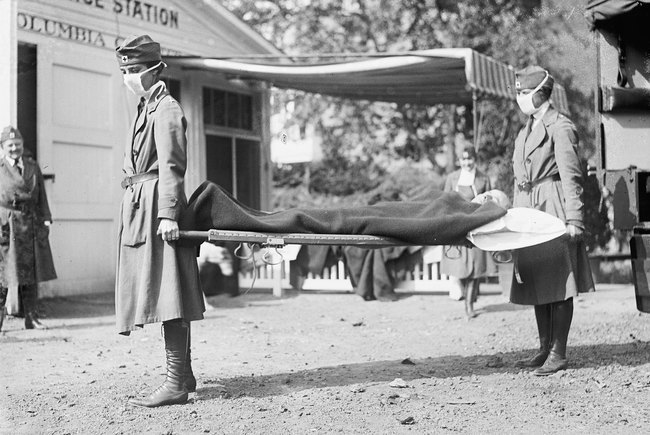Student’s smart UVC sanitiser has multi applications
11 May 2020 | Story Helen Swingler. Photos Supplied. Read time 7 min.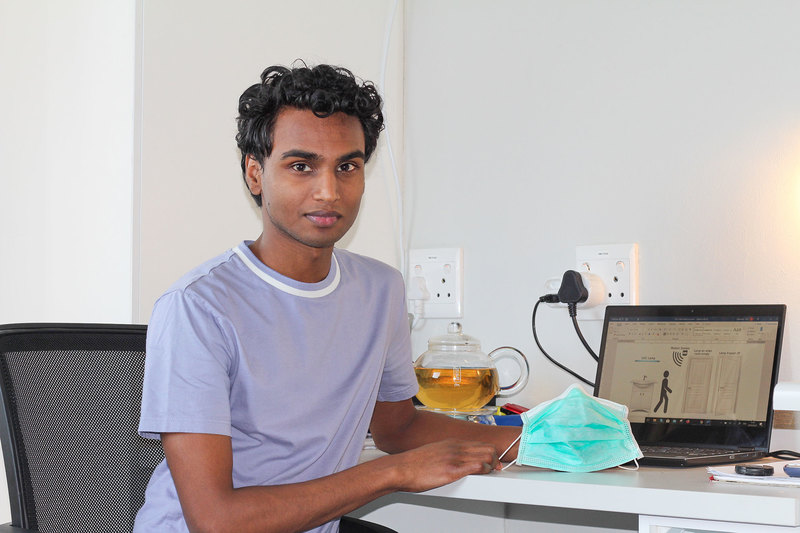
In response to Professor Amit Mishra’s challenge to engineering students to design devices to help counter COVID-19, University of Cape Town (UCT) electrical engineering student Rowyn Naidoo is close to finalising the design of an affordable, smart short-wavelength ultraviolet-C (UVC) light system that disinfects surfaces, the air and large rooms – and even face masks, making them reusable.
In taking up Mishra’s challenge, the UCT senior undergraduate student started by looking at his own campus: the now-empty classrooms, lecture halls and other large spaces, expanding on his long-held interest in science and technology.
“I took the route of how we can destroy or inactivate the actual viruses that are around on a large scale, with a view towards getting our campuses and similar spaces functioning normally, but safely,” said Naidoo.
UVC light is effective in killing other viruses and micro-organisms in and on our surroundings. It does this by destroying nucleic acids and disrupting their DNA.
Here Naidoo cites research by the IES Photobiology Committee in a freely available report on germicidal ultraviolet radiation (IES 2020). The report has been welcomed as “a counterpoint to information appearing in social media, the popular press, and in shady sales literature”.
The report states that the SARS-CoV-2 virus (the virus that causes COVID-19) can be rendered non-infectious with the application of UVC radiation because “it damages its RNA sequence, breaking its bonds in a way that stops its ability to replicate. Colloquially, it may be said that UVC radiation ‘kills’ the virus that causes COVID-19.”
Germicidal light
“UVC light also works on drug-resistant superbugs, fungi and bacteria, and disinfects in a matter of seconds or minutes – depending on the dosage,” Naidoo added.
It’s also not the same as the UV lights used in places like discos, he explained. UVC is light in the UV part of the spectrum, but at a higher frequency. It’s a more obscure part of the spectrum that emits shorter, more energetic wavelengths of light – and it can be dangerous to humans if they’re directly exposed to it.
“This project provides automatic, optimised disinfection on a much larger scale.”
While UVC light technology has been around for some time, Naidoo is taking this a step further by designing a simple and affordable smart sanitising system using UVC. The cost-effective design uses layers of aluminium foil and reuses materials for the outer structure.
“While there are some commercially available UVC disinfection products, this project will provide automatic, optimised disinfection on a much larger scale, such as entire rooms or lecture venues.
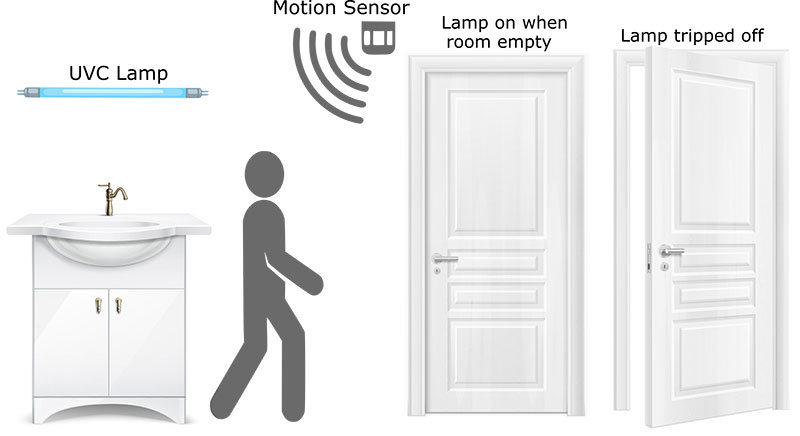
“I took the approach of how to actually kill the viruses while playing to my strengths as an electrical engineering student. I was aware of the use of UVC for this application and that it’s not in common use because of safety factors and cost. I then played around with these limitations towards a solution that is safe, feasible and cost-effective.”
Smart design
Naidoo ran his idea past two of his lecturers and is being mentored by Mishra as he finalises the design. It uses a combination of wall- or ceiling-installed lamps and occupancy detection sensors to determine if the room is vacant. It then automatically and safely switches on the UVC lights to irradiate the air and surfaces for the required amount of time, then automatically switches off for effective, economical disinfection.”

His design incorporates other safety precautions such as trip switches in the event someone opens the door to enter the room. This prevents their exposure to the harmful light.
“The light system requires no operational labour, which makes it easy to use and reduces the surfaces cleaning staff need to touch.”
It is emphasised that the efficacy of this light system is limited to areas in direct contact with the light.
Naidoo’s system will also disinfect the air, reducing the spread of airborne illnesses such as the common cold, influenza and tuberculosis.
“This is especially important in confined spaces with many people, such as lecture venues,” he noted. In this way, Naidoo envisages fewer disruptions to the academic programme when students and staff get sick.
“Practically, the lights can be used to disinfect lecture venues before and after each lecture, with similar applications to cinema theatres, classrooms, labs, toilets, etc.”
No more single-use masks
Another way Naidoo envisages his smart UVC system being used as a defence against COVID-19 is by disinfecting face masks.
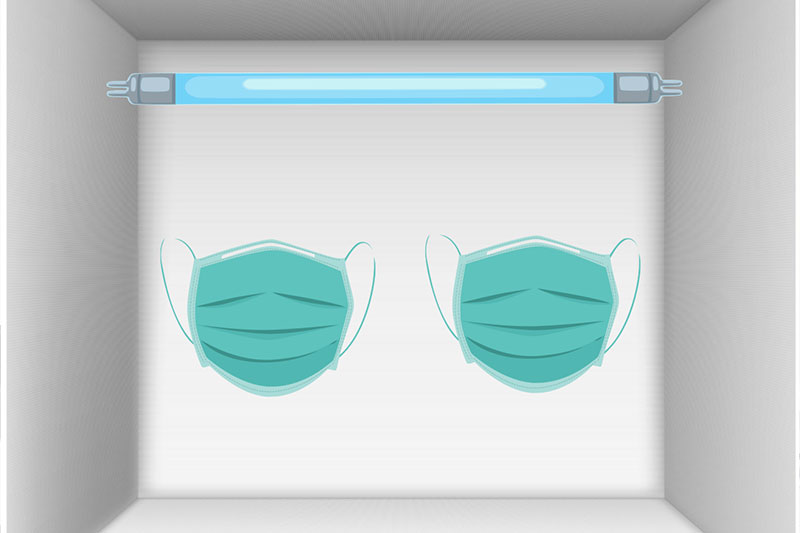
“This will address the issue of insufficient face masks and is a more sustainable solution to simply producing more and more single-use masks.”
In collating the various ideas that have come from students in response to his challenge, Mishra said Naidoo’s design was one of the most interesting ideas that had come forward.
“With some minor help, Rowyn has improved the proposal substantially.”
It has put Naidoo’s initial early time in lockdown, before the university switched to online teaching, to good use too. But he misses the contact and vibe of campus.
“I’m in an off-campus accommodation in Cape Town. It’s been difficult to readjust and maintain focus, so I’ve been reminding myself of current deadlines, making my own deadlines and generally reminding myself of my goals,” he said.
“I’ve recently been encouraged by the quote ‘Don’t count the days, make the days count’ by Muhammad Ali, which is particularly relevant these days!”
 This work is licensed under a Creative Commons Attribution-NoDerivatives 4.0 International License.
This work is licensed under a Creative Commons Attribution-NoDerivatives 4.0 International License.
Please view the republishing articles page for more information.
Coronavirus Disease 2019 updates
COVID-19 is a global pandemic that caused President Cyril Ramaphosa to declare a national disaster in South Africa on 15 March 2020 and to implement a national lockdown from 26 March.
UCT is taking the threat of infection in our university community extremely seriously, and this page will be updated regularly with the latest COVID-19 information. Please note that the information on this page is subject to change depending on current lockdown regulations.
Frequently asked questions
Daily updates
Campus communications
2020
Resources
Video messages from the Department of Medicine
Getting credible, evidence-based, accessible information and recommendations relating to COVID-19
The Department of Medicine at the University of Cape Town and Groote Schuur Hospital, are producing educational video material for use on digital platforms and in multiple languages. The information contained in these videos is authenticated and endorsed by the team of experts based in the Department of Medicine. Many of the recommendations are based on current best evidence and are aligned to provincial, national and international guidelines. For more information on UCT’s Department of Medicine, please visit the website.
To watch more videos like these, visit the Department of Medicine’s YouTube channel.
Useful information from UCT
External resources
News and opinions
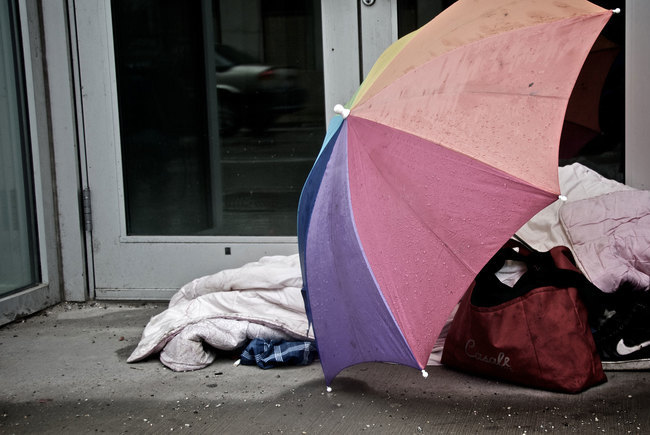
As the COVID-19 crisis drags on and evolves, civil society groups are responding to growing and diversifying needs – just when access to resources is becoming more insecure, writes UCT’s Prof Ralph Hamann.
03 Jul 2020 - 6 min read Republished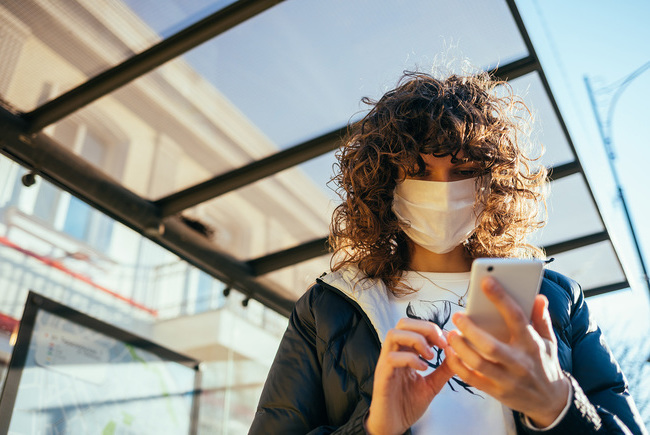
The Covid-19 crisis has reinforced the global consequences of fragmented, inadequate and inequitable healthcare systems and the damage caused by hesitant and poorly communicated responses.
24 Jun 2020 - >10 min read Opinion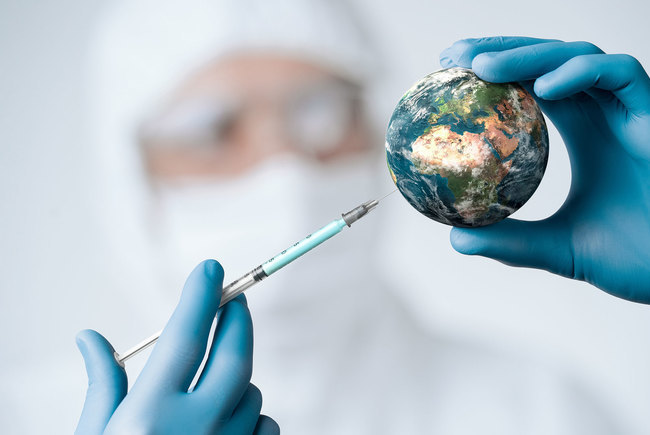
Our scientists must not practise in isolation, but be encouraged to be creative and increase our knowledge of the needs of developing economies, write Professor Mamokgethi Phakeng, vice-chancellor of UCT, and Professor Thokozani Majozi from the University of the Witwatersrand.
09 Jun 2020 - 6 min read Republished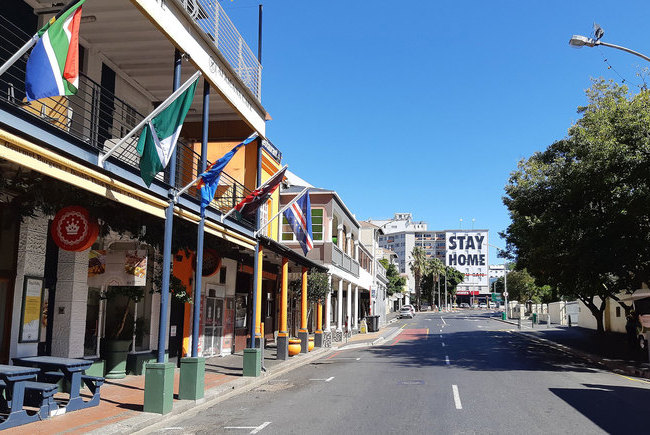
South Africa has been recognised globally for its success in flattening the curve, which came as a result of President Ramaphosa responding quickly to the crisis, writes Prof Alan Hirsch.
28 Apr 2020 - 6 min read RepublishedStatements and media releases
Media releases
Read more
Statements from Government
In an email to the UCT community, Vice-Chancellor Professor Mamokgethi Phakeng said:
“COVID-19, caused by the virus SARS-CoV-2, is a rapidly changing epidemic. [...] Information [...] will be updated as and when new information becomes available.”
We are continuing to monitor the situation and we will be updating the UCT community regularly – as and when there are further updates. If you are concerned or need more information, students can contact the Student Wellness Service on 021 650 5620 or 021 650 1271 (after hours), while staff can contact 021 650 5685.












